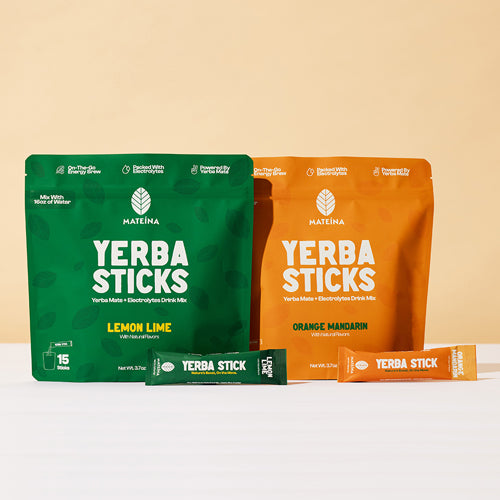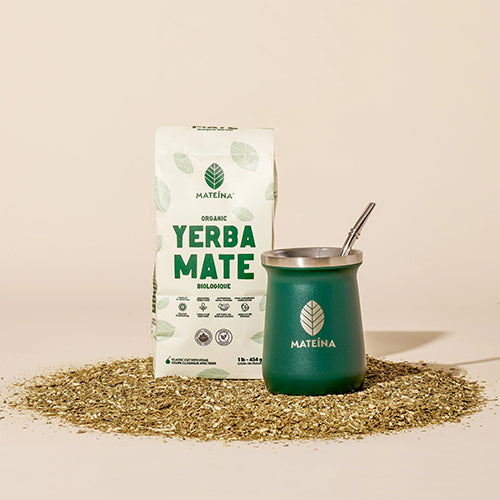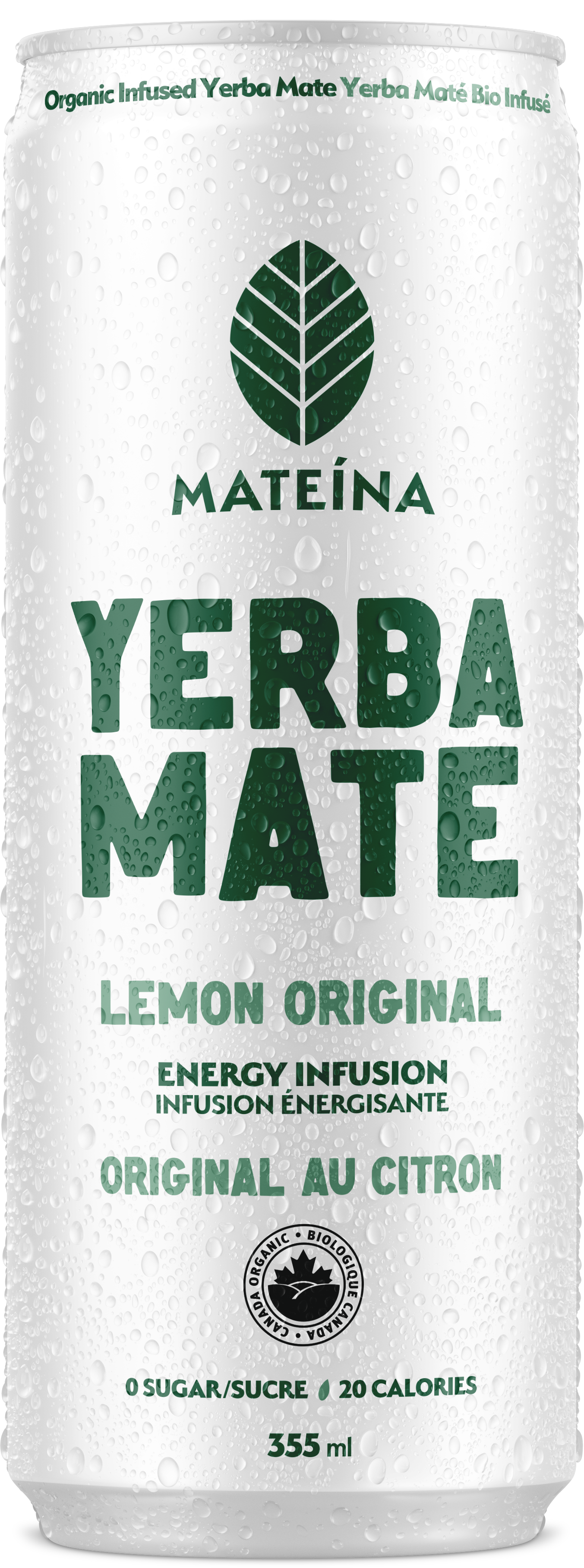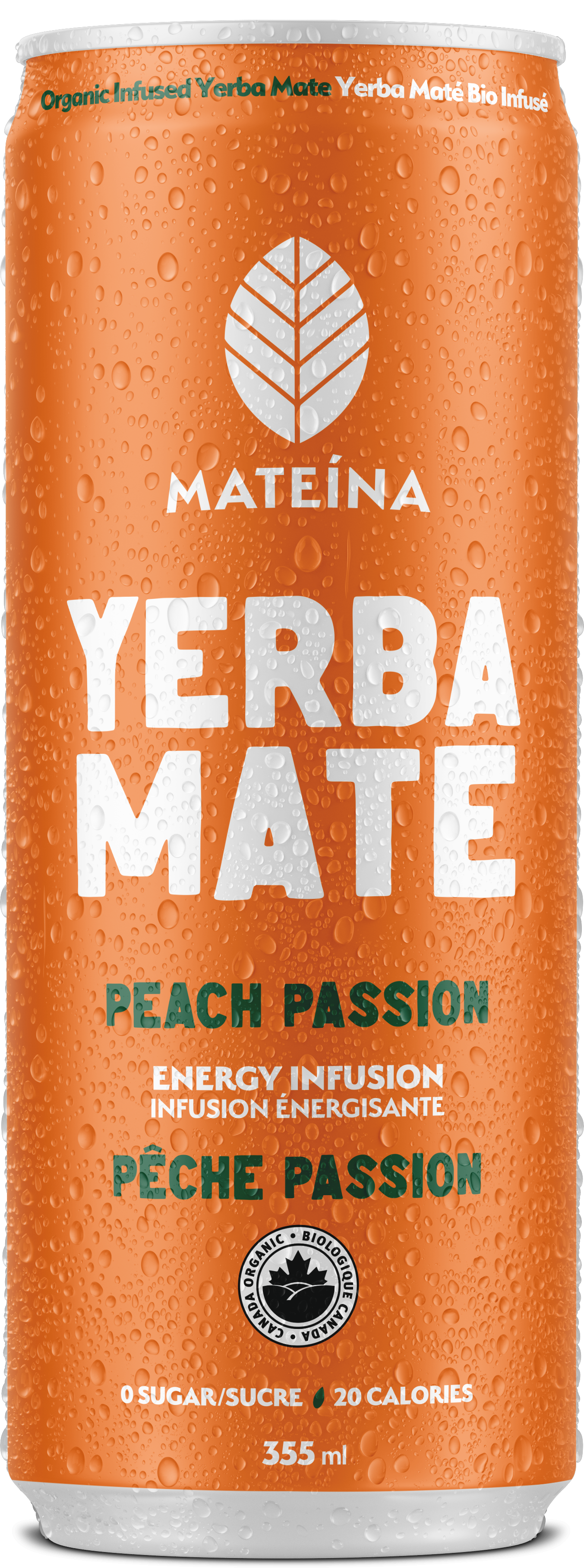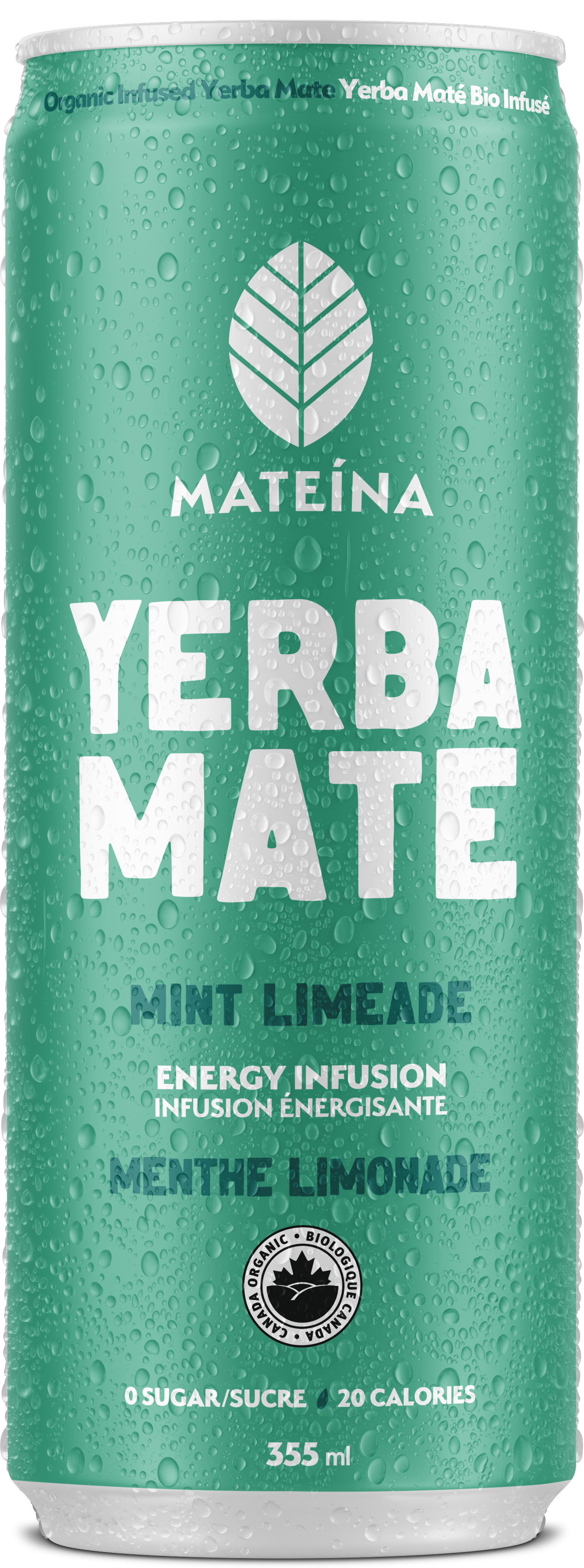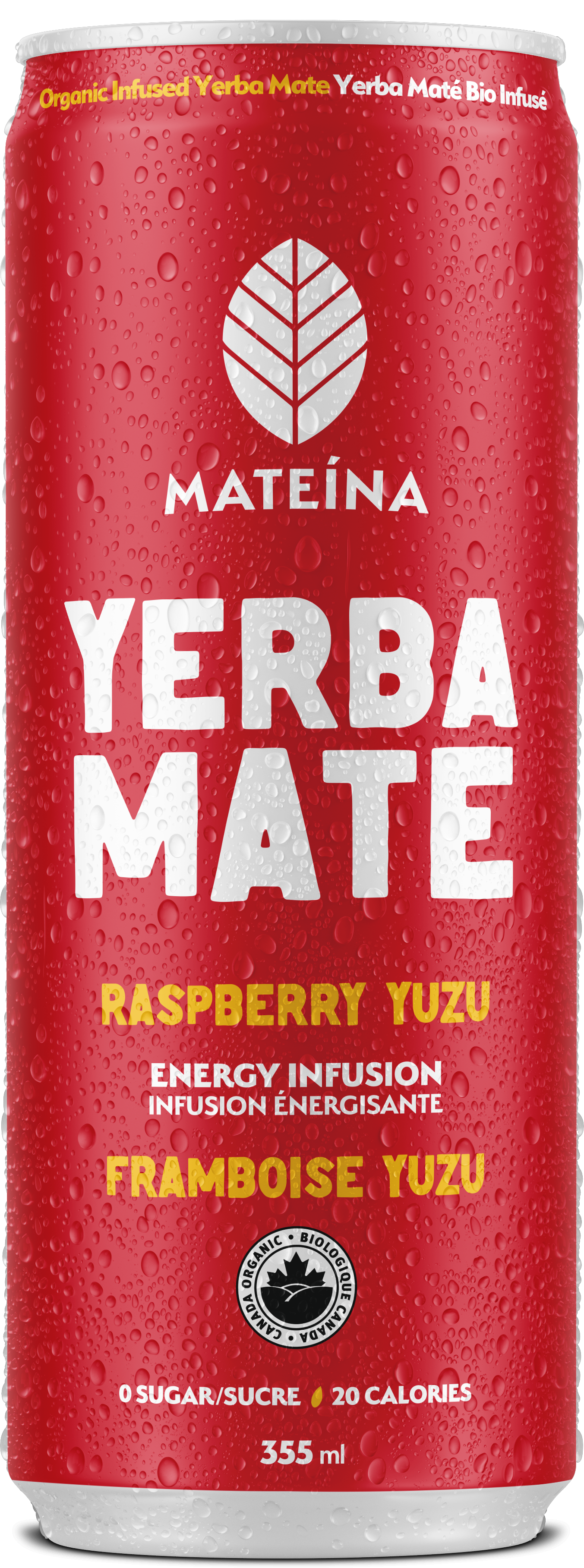Our Newest Zero Sugar Energy Infusions
Vibrant flavor with natural sweetness. Our zero sugar line delivers the full yerba mate experience using plant-based sweeteners for a crisp, refreshing taste with no added sugar. Clean, sustained energy without the crash.
Crisp lemon with a smooth tea finish, like classic half-and-half iced tea.
Shop NowJuicy peach with tropical undertones, inspired by classic peach tea.
Shop NowAromatic garden mint paired with zesty lime and smooth yerba mate.
Shop NowTart raspberry and vibrant yuzu create a bold, citrusy blend with floral notes.
Shop NowSweet mango meets tangy key lime in this bright, balanced blend.
Shop NowTry all five zero sugar flavors—ideal for first-timers wanting to find a favorite before buying a full case.
Shop NowLoose Leaf & Accessories
All the essentials to embark on your yerba mate journey.
 WHERE IT ALL STARTS!ORGANIC LOOSE LEAF
WHERE IT ALL STARTS!ORGANIC LOOSE LEAF
Our signature yerba mate meticulously cultivated by a farming family from northeastern Argentina committed to eco-friendly, fair trade and 100% organic agriculture.
View product MATE'S ESSENTIAL TOOLGreen Gourd & Bombilla Set
MATE'S ESSENTIAL TOOLGreen Gourd & Bombilla Set
Brew Mate the traditional way with our practical and efficient set, featuring a gourd and a stainless steel bombilla (filter straw). It's the quintessential method for a genuine yerba mate experience.
View product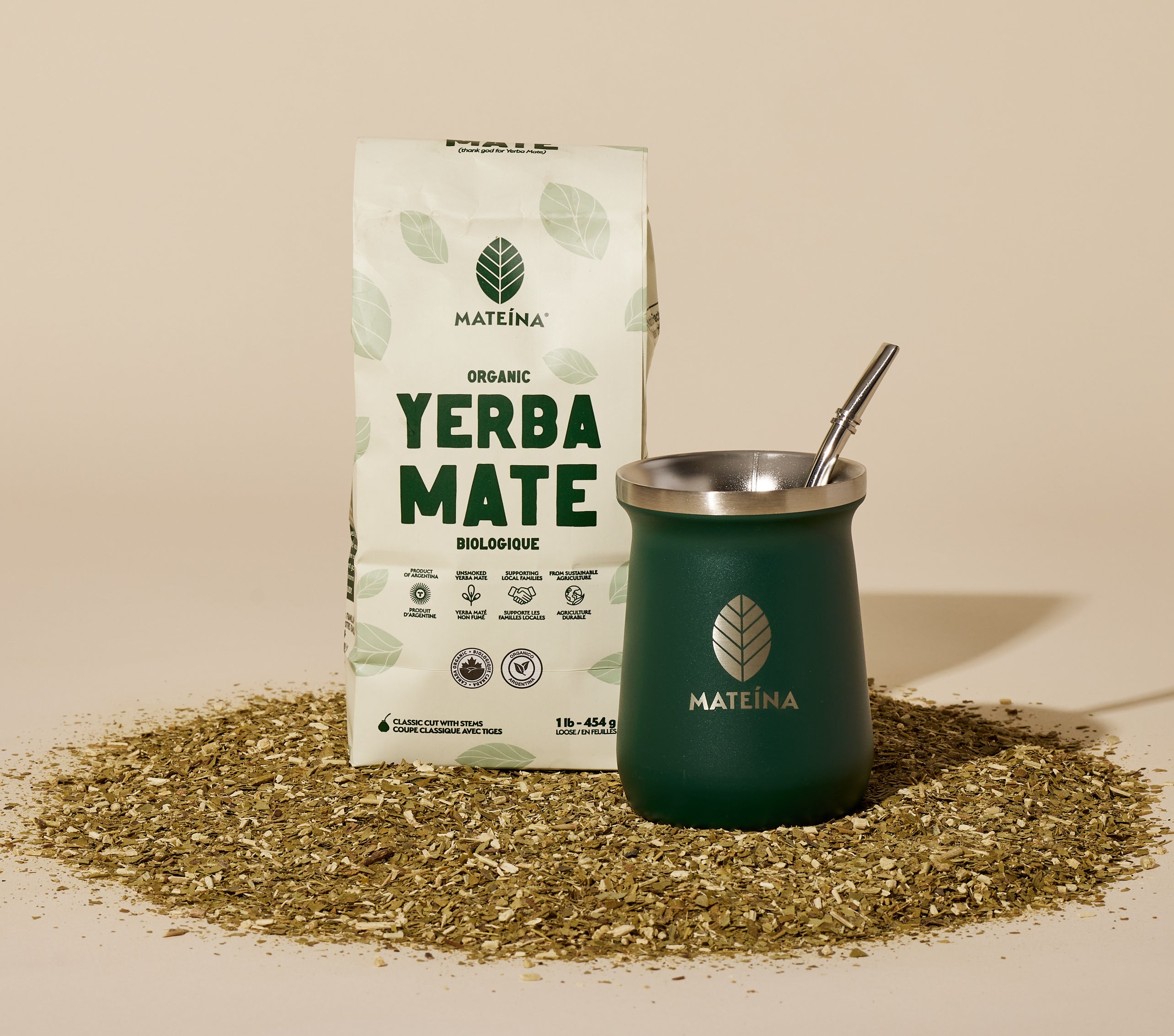 Essentials SetGourd, Bombilla, & Yerba Mate
Essentials SetGourd, Bombilla, & Yerba Mate
The Essentials Set brings the heart of yerba mate tradition to your hands. Included are the green Mateína gourd, stainless steel bombilla, and 1 lb organic Mateína loose leaf yerba mate.
View productNature's boost, on the move
Level up your energy with our Yerba Sticks—the easy and tasty way to enjoy yerba mate on the go. Just add to water, shake, and enjoy!
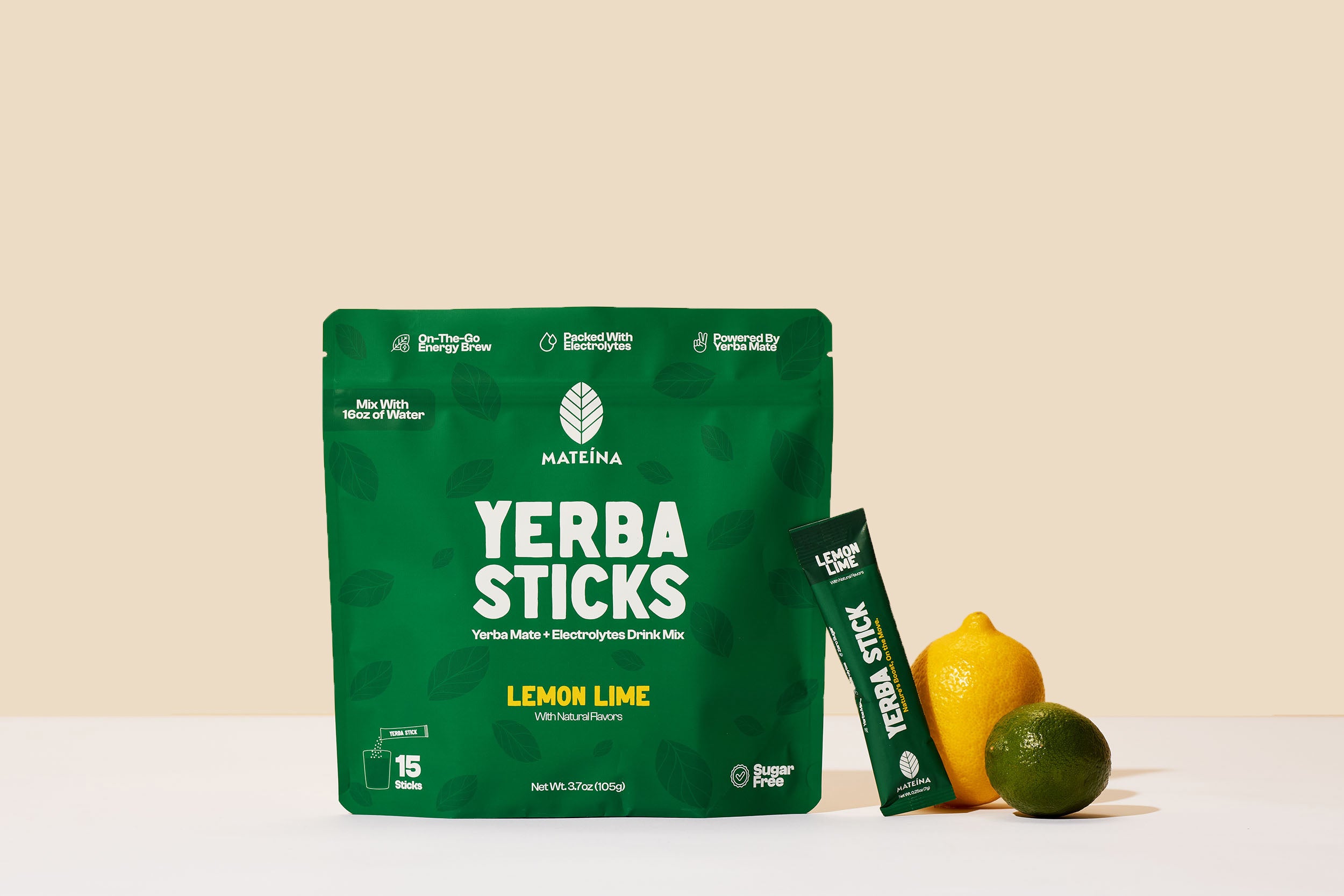 Yerba Mate + ElectrolytesLemon Lime
Yerba Mate + ElectrolytesLemon Lime
A classic favorite! Our Lemon Lime Yerba Mate Sticks blend vibrant lemon with rich yerba mate for a refreshing, iced tea-inspired explosion of flavor.
View Product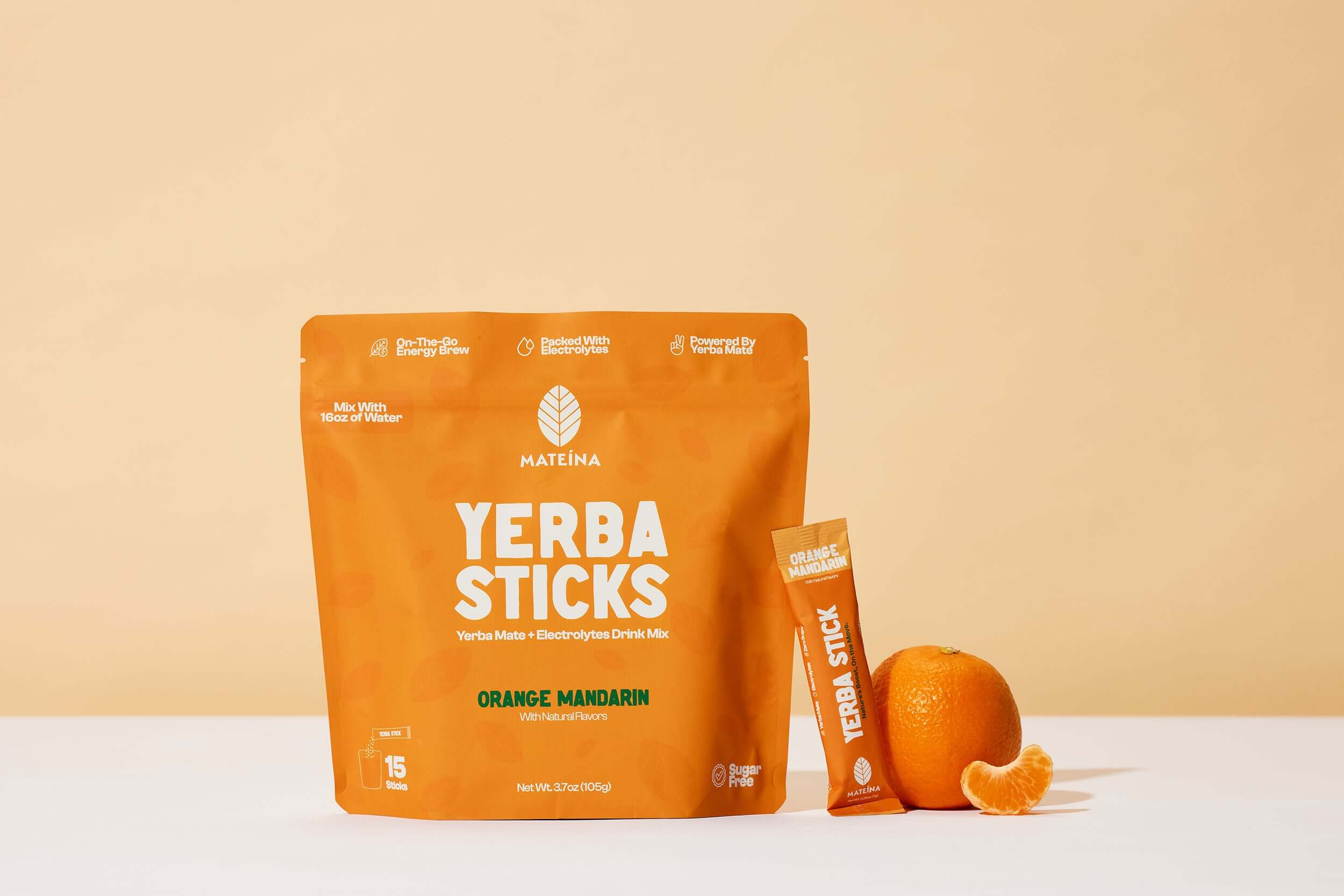 Yerba Mate + ElectrolytesOrange Mandarin
Yerba Mate + ElectrolytesOrange Mandarin
A thirst-quenching combo of orange mandarin—an invigorating hybrid between a refreshing iced tea and a sports drink.
View product
